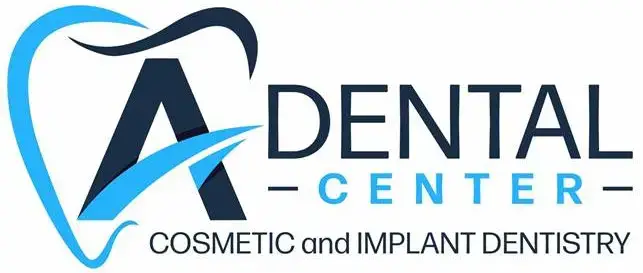Your smile plays a crucial role in creating a positive first impression. So, if you are unsatisfied with how your teeth look and hate braces, there is good news for you.
Invisalign, a transparent aligner system, offers an alternative to conventional braces for straightening teeth and solving dental structural issues.
Keep reading to learn more about this invisible orthodontic appliance system.
Why Should You Go For Invisalign Treatment?
You want to straighten your teeth but are unsure about using traditional braces. But at the same time, you do not like how crooked your teeth are, and you are worried that it may cause more health challenges in the future. So, what do you do?
Go for Invisalign.
What is Invisalign?
Invisalign is an orthodontic treatment that is used to straighten teeth without the usage of metal braces. Invisalign is a series of specialized clear braces that cover your teeth and gradually move them into the proper position.
Invisalign is a unique orthodontic treatment solution for problems like misaligned teeth or bad bite patterns. The fact that it operates without metal brackets and is essentially undetectable is its most significant benefit.
What Dental Issues Can it Fix?
- Overbite: When the upper front teeth converge ahead of the lower front teeth, this is known as an overbite. A slight overbite is natural, but if it becomes excessive, it can lead to a number of issues. For instance, you might begin to notice tooth deterioration or jaw pain.
- Crooked Teeth: The most frequent motive for using Invisalign is probably to have generally straighter teeth. Invisalign is a fantastic alternative if you have crooked teeth and want to have them corrected to align to enhance your smile.
- Underbite: The reverse of an overbite is an underbite. Whenever you close your mouth, it overlaps on it because your bottom front teeth are bigger than your top front teeth. Joint and jaw pain might result from an underbite.
- Open Bite: When you firmly close your mouth, if your upper and bottom teeth don’t touch, you have an open bite. It is a disorder that typically affects kids or people who enjoy putting objects between their teeth, including pacifiers or pencils.
Gappy teeth, crowded teeth, crossbite, and generally wanting straighter teeth are some of the issues Invisalign treatment solves.
What is Invisalign Made of?
The nearly invisible aligners resemble teeth-whitening trays and are constructed of a thermoplastic material specially created for your Invisalign treatment regimen. Your dentist will develop a set of Invisalign aligners just for you to shift your teeth in the order they specify.
The aligners are sturdy transparent trays composed of plastic substance and durable yet flexible enough to allow your teeth to move as they should during treatment. They are made of high-strength and high-modulus materials.
What are the Benefits of Invisalign Treatment?
- Invisalign is more comfortable than braces
- It allows for better dental hygiene
- It prevents other dental issues
- Non-invasive scanning
- Boosts self-confidence
- Fewer dental visits
- Shorter treatment period
- Invisible appearance
- You can eat whatever you want
- Improved cleanliness
In Summary
As a great alternative to braces, Invisalign is a teeth-straightening procedure quickly gaining popularity.
Despite the strength of your teeth, they can be shifted with the appropriate amount of orthodontic effort.
I hope this has helped you know how Invisalign treatment works if you’re debating Invisalign versus braces to help your smile.






